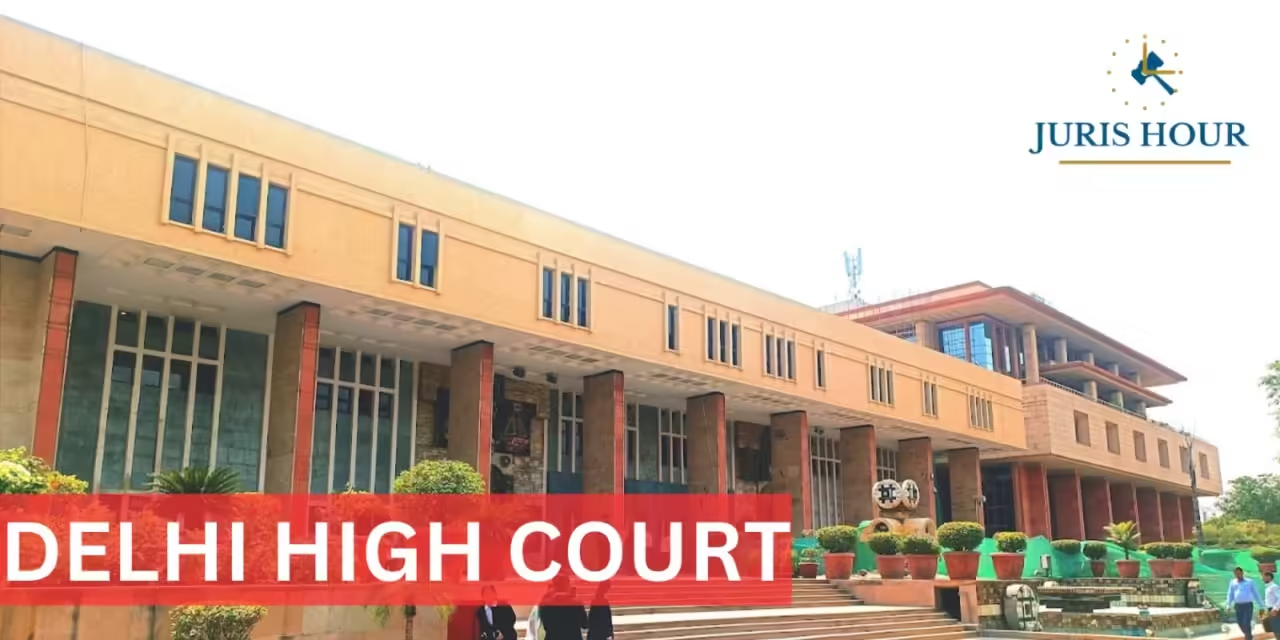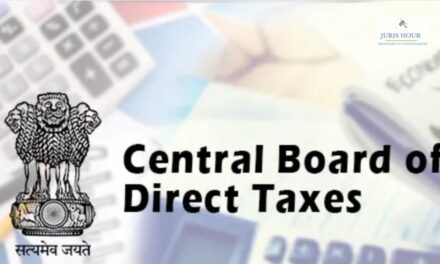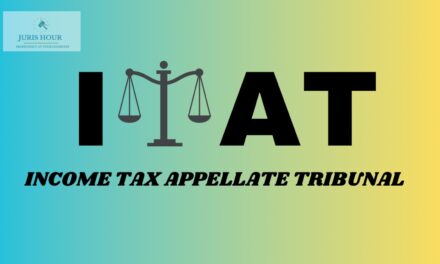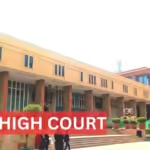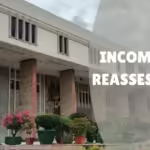The Delhi High Court has held that completed income tax assessments cannot be reopened without new material or grounds.
The bench of Justice Yashwant Varma and Justice Ravinder Dudeja has relied on the decision in the case of Manju Somani vs. Income-tax Officer and Ors. in which it was held that section 149(1)(b) as it stood prior to the introduction of the amendments by way of the Finance Act, 2021 prescribed that no notice under section 148 shall be issued if four years “but not more than six years” have elapsed from the end of the relevant assessment year. Thus the period of six years stood erected as the terminal point which when crossed would have rendered the initiation of reassessment impermissible in law.
The petitioner is stated to be a company engaged in the business of providing a host of business process outsourcing services, data modelling and analytics support, managed IT services, software solutions and e-learning.
The petitioner/assessee was known as Empower Research Knowledge Services Private Limited, and the fact is noticed since the transactions which formed the subject matter of the allegation of escapement of income were entered into in the erstwhile avatar of the present writ petitioner. The reassessment action itself was initiated based on information received pursuant to a survey carried out at the premises of the petitioner between 25 to 27 February 2019.
The assessee contended that the reassessment action same infracting the First Proviso to Section 149(1) of the Act and being barred by the prescription of limitation which applies. A reassessment action for AY 2015-16 could have been initiated only up to 31 March 2022. The action for reassessment which was commenced pursuant to the Section 148A(b) notice dated 27 May 2022 cannot be countenanced and is liable to be quashed.
Read More: Managerial Service Are Not ‘Technical Services’, No TDS Deductible: ITAT
The department contended that the reassessment action was commenced pursuant to a notice referable to Section 148 of the Act dated 30 June 2021. Since the department were obliged to undertake a course correction in light of the decision rendered by the Supreme Court in Union of India and Ors. vs. Ashish Agarwal, the subsequent notice under Section 148A(b) came to be issued and would be deemed to be in continuation and substitution of the original Section 148 notice. It would be apparent that the action stands saved by virtue of the directions framed by the Supreme Court.
The court held that although the petitioner had while responding to the original Section 148 notice dated 30 June 2021 alluded to the amended statutory regime which had come into existence and had placed the AO on notice of an obligation to follow the procedure as prescribed under Section 148A, however, no legal challenge seeking to impugn the action commenced by virtue of the notice dated 30 June 2021 was ever instituted. The reassessment action also did not come to be interdicted by any order or injunction passed by a court. This was, therefore, clearly not a case where the subsequent notice under section 148A(b) could be countenanced to be in continuance or substitution of the original notice. The substitution of original notices was one which Ashish Agarwal had provisioned for in respect of notices which had been impugned before various High Courts and had come to be quashed.
The court while allowing the writ petition, quashed the impugned notice referable to Section 148A(b), order under Section 148A(d), notice referable to Section 148 dated 30 July 2022 and all consequential proceedings.
Case Title: Genpact India Private Limited Versus ACIT
Case No.: W.P.(C) 17364/2022
Date: 09/09/2024
Counsel For Petitioner: Sachit Jolly
Counsel For Respondent: Gaurav Gupta

